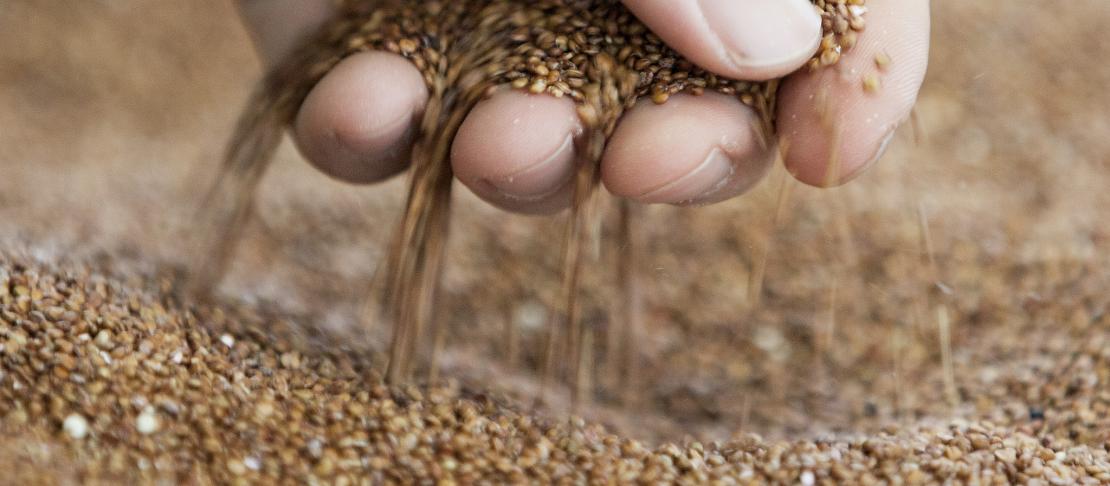Delivering cropland mitigation in regional emission hotspots through scaling cost-effective mitigation options and developing novel MRV mechanisms

Project description
Cereal production significantly contributes to global food security and environmental impacts, particularly through N2O emission. Opportunities exist to significantly reduce N2O emission from cereal production systems by improving nutrient management. This project proposes to scale out cost-effective mitigation measures for cereals in areas that have been identified as emission hotspots with significant mitigation potential. It is developing a methodology for measurement, reporting & verification (MRV) of savings that can be applied beyond the study locations.
The effort of this project builds on the Improving estimation of nitrous oxide emissions from agriculture project, which ended in 2018.
Expected outcomes
- Global donors and agricultural development organizations informed of options to support LED and agricultural climate readiness
- Technical and policy guidance to focus countries, supply chains and donors for LED priorities, with emphasis on livestock systems
- Methods for MRV of agricultural emission reductions developed with focal countries and donors
Gender and youth
Women are key players in the agriculture sector in developing countries. The project gathers sex-disaggregated data for activities undertaken and cost-benefit analysis across national, sub-national and sectoral levels. Women have been found to be more vulnerable to the effects of residue burning and other agricultural emissions, which if reduced can substantially impact the gender productivity scenario. This project aims to raise the capacity of women and youth on precision nutrient management which will promote gender-equitable N use efficiency which will eventually ensure gender and social equity co-benefits at local scales.
Further Information
For more information, please contact the project leader Tek Sapkota, CIMMYT (t.sapkota@cgiar.org).